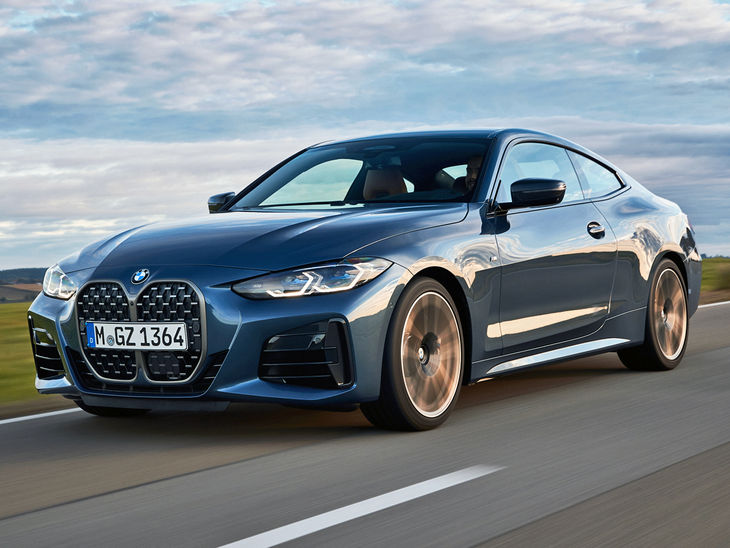BMW and Mercedes-Benz traditionally battle it out for sales supremacy at the summit of the premium market. But which of these German brands is winning the race after the first half of 2022?
The first half of 2022 has come and gone. So, which automaker is ahead in the premium sales race? Well, let’s take a look at BMW and Mercedes-Benz’s global sales figures to find out.
The BMW Group (which comprises the BMW, Mini, Rolls-Royce and BMW Motorrad brands) reported a first-half sales figure of 1 160 443 units, representing a 13.3% year-on-year decline. Meanwhile, sales of Mercedes-Benz Cars (including Smart as well as the T-Class, V-Class and EQV) fell 16% to 998 000 units in the opening half of 2022, more than 162 000 units behind the Bavarian brand.
For the record, Mini accounted for 140 711 units of the BMW Group’s total, while 3 191 units came from Rolls-Royce and a further 107 555 from the Motorrad motorcycle division.
So, what’s the outcome if we compare the BMW and Mercedes-Benz brands, as opposed to groups? Well, the Munich-based automaker managed 1 016 541 registrations worldwide from the start of January to the end of June 2022, while its Stuttgart-based rival had to settle for 985 200 units, around 31 000 units behind.

As many as 58 805 units of the 4 Series range were sold worldwide in the first half of 2022.
It’s just as fascinating to examine the battle in the all-electric field. The BMW Group sold 75 891 fully electric Mini and BMW models, representing a 110.3% year-on-year improvement. Mercedes-Benz’s growth in this part of the market was even higher at 134% (compared with the same period in 2021), though the total of all-electric EQ-badged vehicles sold was lower at 45 400 units.
While we’d love to compare sales from the two manufacturers’ high-performance divisions, Mercedes-Benz unfortunately opted not to release a Mercedes-AMG figure for the first half of 2022, saying Affalterbach production was “impacted by chip-supply constraints”. For the record, the BMW M division sold 81 198 units up to the end of June, though it’s worth noting this figure includes not only full-fat M products but also M Performance models.
Audi, meanwhile, has yet to release its first-half sales figures, though we do know the Ingolstadt-based firm sold around 50 000 fully electric vehicles (up 52.7%, year on year), with the e-tron (including the Sportback) proving the most popular model range with 24 700 units.




